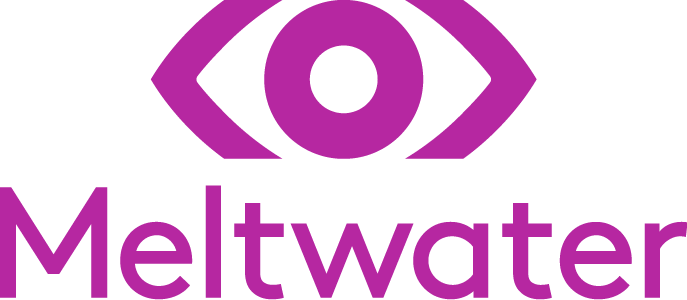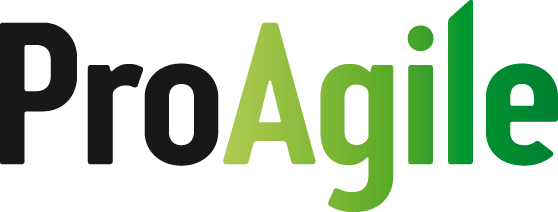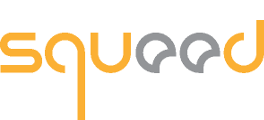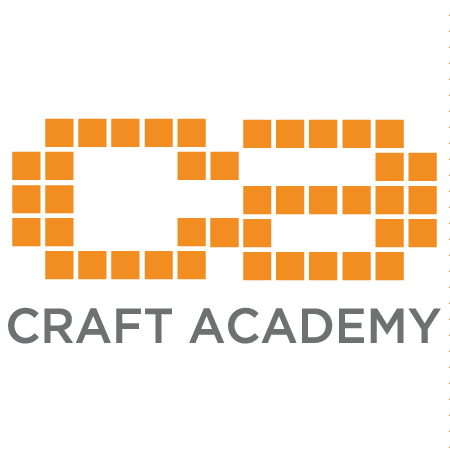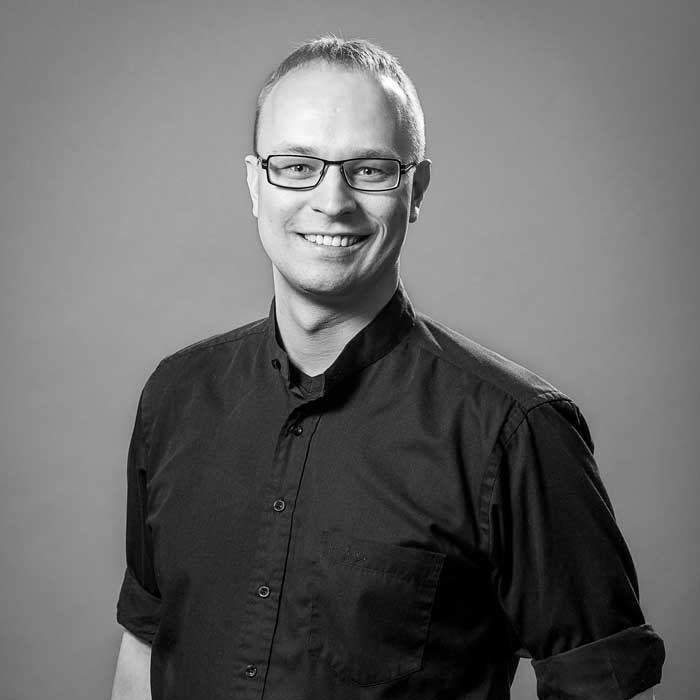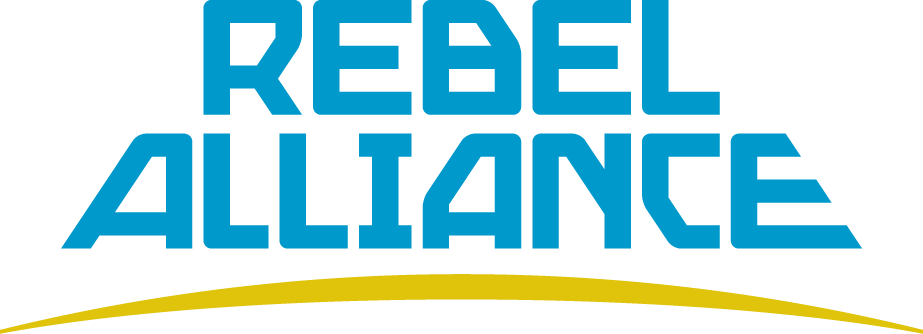Agile Leadership – A look inside pandoras box
Experience the shift in leadership that is required for Agile teams
Did you ever try to install the latest version of Office365 to a computer that runs on Windows XP?
Most people will know that this is a heroic quest that will probably lead to some disappointment.
However, many organizations are trying to accomplish something similar with their Agile and Scrum implementation: they adopt a set of models, frameworks and practices on an operating system that is not ready for it.
Most of the organizations do not even get half of the potential of the Agile teams, because they never considered that an update of their leadership model\operating system was a precondition to make those teams successful.
In this session I will be using a number of interactive exercises and thought-provoking statements to deal with the following topics:
How to update the operating system for the Agile Leader and what could be missing in the old one?
What are the paradigm shifts we need to make as Leaders in order to make Agile succeed?
What are the first steps that we can make as Leaders to make sure that we can create the most fertile soil for Agile teams to grow?
What Organizational\Human Design Systems we are using to design a Learning Path for the Agile Leader?
How do these Systems link to the context of an Agile team?
How you can start using these ideas as a Leader in the Agile transformation?
These exercises will trigger you to think more from the perspective from a more traditional leader who struggles with adopting the new Agile mindset.





